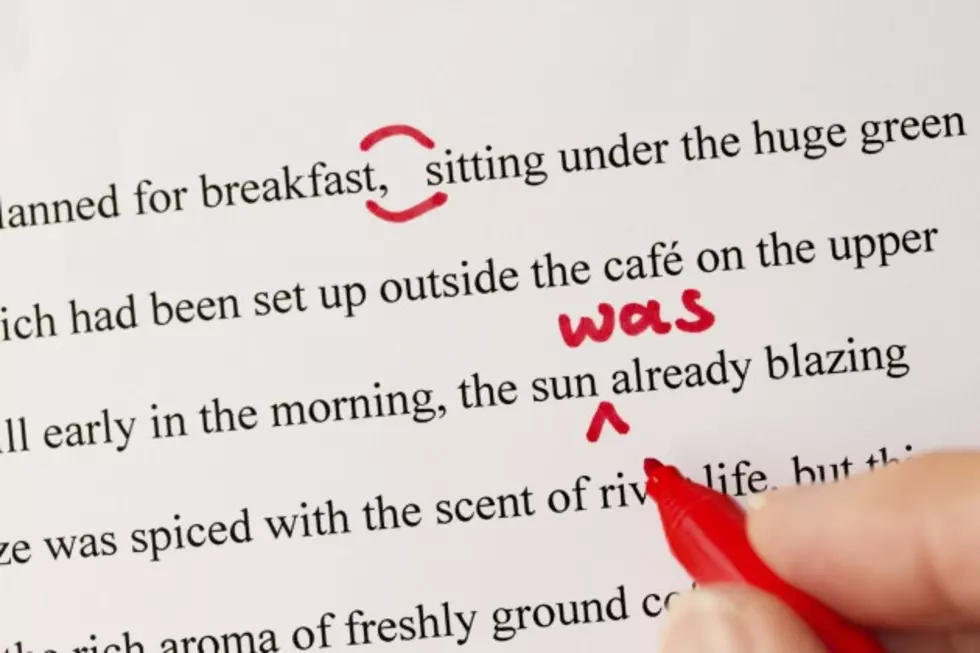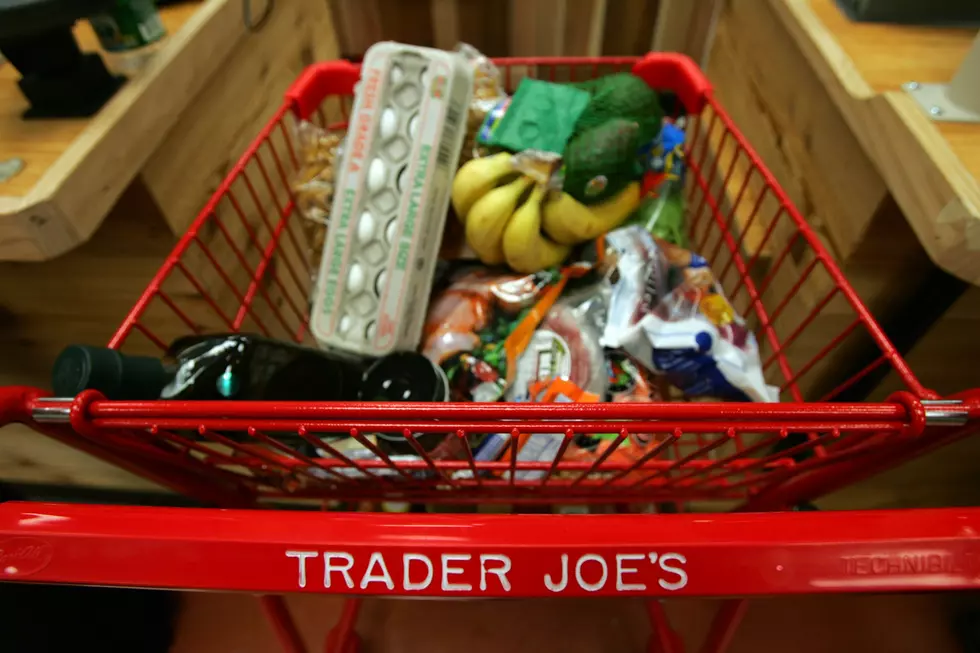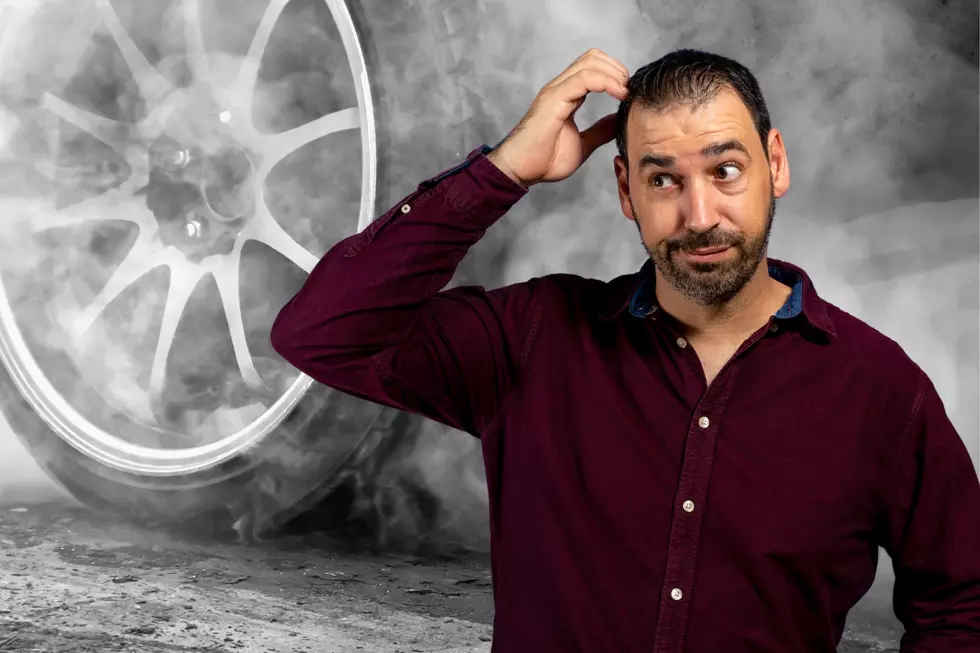
Grammar Guide
I made this grammar guide for Glenn because he asks me for help virtually every morning, but it might end up helping you too. If you're making these grammar mistakes, end the confusion for good!
Your, You're
You're is short for you are. Your shows that something belongs to "you" or is related to "you" (your car, your father).
There, Their, and They're
They're is short for they are. Their shows possession. It's just like my, his, her, and our. There is a place. It's similar to here.
Its and It's
It's is short for it is or it has. Its is the possessive form of it.
Too, To and Two
Too means as well or conveys the idea of in excess. To is a preposition (e.g., Give it to her) or is used to show the infinitive form of a verb (e.g., I want to run). Two is how to spell the number.
Which, Who and That
Use which for things and who for people. Use that for things.
Accept and Except
To accept most commonly means to receive willingly. Except usually means apart from or excluding.
Advice and Advise
Advice is a suggestion for a beneficial course of action. Advise is a verb. It means to give advice.
Alot, A Lot and Allot
The word alot does not exist. A lot means a large extent or to a large extent. To allot means to apportion something. Example: "I have a lot of cookies!" "I allot a portion of my paycheck to paying my bills."
Alright and All Right
Alright is a casual variation of all right. Even though alright is becoming more acceptable, it is probably best to avoid using it if you're writing something formal such as a resume or proposal.
Desert and Dessert
Desert means dry land or to abandon something. Dessert is the sweet course at the end of a meal. I remember it this way- dessert is extra sweet so it gets an extra 's.'
Loose and Lose
Loose means not tight or free from constraint. To lose means to fail to: (1) keep (2) win or (3) make money.
Lay and Lie
To lay means to place in a horizontal position. To lie means (1) to be in a horizontal position (2) to speak an untruth.
Waist and Waste
Waist is the middle part of the body. Waste means garbage.
Which, Who and That
Use which for things and who for people. Use that for things and, informally, for people.
Whose and Who's
Who's is short for who is or who has. This is a 100% rule - it has no other uses. Whose is a little more complicated. It sits before a noun to state (or ask) to whom it belongs.
More From 98.1 The Hawk









